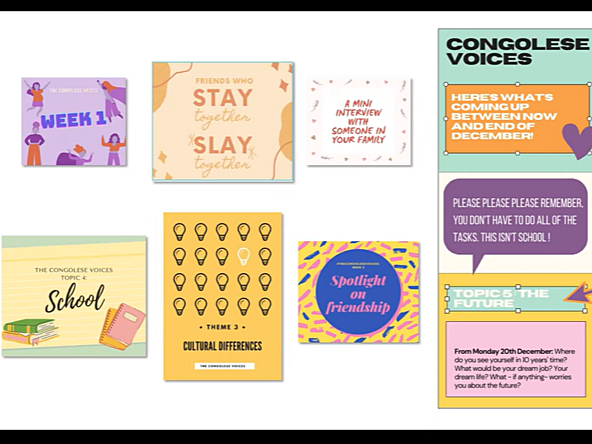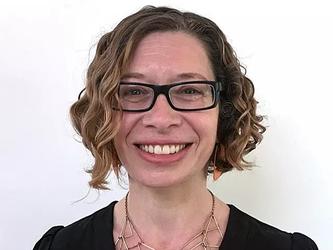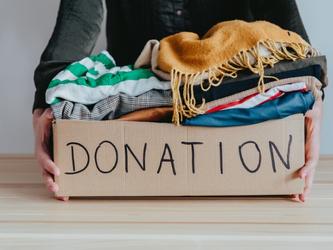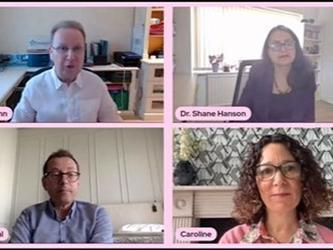A low-tech approach

Relating the case study at the MRS Impact Conference 2022, partner Amélie Truffert explained how the project came about. “This is an atypical piece of research because there is no client attached to it; it originated organically through some preliminary research that we did for a documentary.” She added that the research acts as the ideal reminder of “the dangers of assuming, generalising and, most importantly, not listening – and that applies whether you’re a brand, consumer or researcher.”
It began when Truffert and associate director Rhonda Nicholl met Anais, a 17-year-old girl from the Congo, now resident in South Africa. She had no connection to her homeland, having left when she was just four years old, yet neither was she fully integrated into South African society by virtue of her refugee status.
In her final year at school, she had chosen to study Computing Science at Pretoria University, but was failed by “red tape bureaucracy, outdated immigration policies and institutionalised xenophobia”, according to Nicholl. She explained that because Anais didn’t have a South African ID card, she couldn’t sit her final school exams and therefore could not graduate.
The two researchers went to Pietermaritzburg, described as a hotspot of anti-immigration sentiment, and there they conducted research with a group of female teenagers of Congolese descent. “Undocumented communities such as these can be notoriously difficult to reach; it’s challenging and also costly”, said Nicholl. “Normal platforms just don't work for these kind of audiences – unfamiliar tech does not create a safe space.”
So they went back to basics and used platforms such as WhatsApp because the teens were already using them themselves. “Safeguarding is crucial in this kind of context; we listened as they shared their stories,” commented Nicholl, who went on to say: “it’s not your stereotypical image of a refugee girl; they're smart and funny and very open minded; they really get the concept of diversity. You might think that in a country like South Africa, where apartheid only recently ended, they would not be subject to racism, but sadly that’s not the case. Anais and her peers face racism every single day from other black South Africans.
“They read about how the Black Lives Matter movement has gained traction across the world, but in a small school in Pietermaritzburg nothing has changed. These girls also have to contend with crippling parental pressure… the children are expected to step up in order to offset the sacrifices that the parents have made.”
The project was not without its challenges. “Imagine trying to coordinate a group of teenage girls; it’s akin to herding cats,” remarked Nicholl. “We had to strike a balance between allowing it to be led by them and giving them enough direction and structure to get things done. We created a roadmap with different weekly themes and mini-objectives and gave the girls the freedom to interpret these themes as and how they liked, eg TickTok videos, family interviews, audio notes, photomontages and virtual meetups.”
There was also the issue of time constraints as the interviews had to take place when the girls were not at school. As Nicholl observed, “it shows that digital ethnography doesn't fit into the classic 9-to-5 working day. This kind of work is raw, it’s direct and it’s in the moment. When we heard about the daily instances of xenophobia, we asked the girls to send a quick voice note so that we could hear and understand exactly what they were experiencing.
“This meant the girls were not just sitting reflecting in a sterile focus group environment, they were recounting their stories live. This research was led by them and, having been handed a couple of simple platforms, they were the ones who were able to tell us what mattered and why.
“There were no fancy apps or software and no huge budget – this was done to turn an overthought research process on its head”.
Inspired by what they’ve learned, for the next stage of the project, Truffert and Nicholl are going to build a quantitative study to be carried out by Anais and her friends.
Nicholl related how she recently received a message, “one of the best of my life”, in which Anais told her that thanks to the perseverance of her parents, they have reached an agreement with the school that means she will be able to graduate and go on to university.
Despite all the challenges they face, the girls don’t see themselves as victims of their circumstances, maintains Nicholl. “They are grateful to their parents and there is a sense of hope and optimism – they’re confident that they are going to succeed in life. This is the story of a young girl finding her voice in no man’s land.”

We hope you enjoyed this article.
Research Live is published by MRS.
The Market Research Society (MRS) exists to promote and protect the research sector, showcasing how research delivers impact for businesses and government.
Members of MRS enjoy many benefits including tailoured policy guidance, discounts on training and conferences, and access to member-only content.
For example, there's an archive of winning case studies from over a decade of MRS Awards.
Find out more about the benefits of joining MRS here.














0 Comments